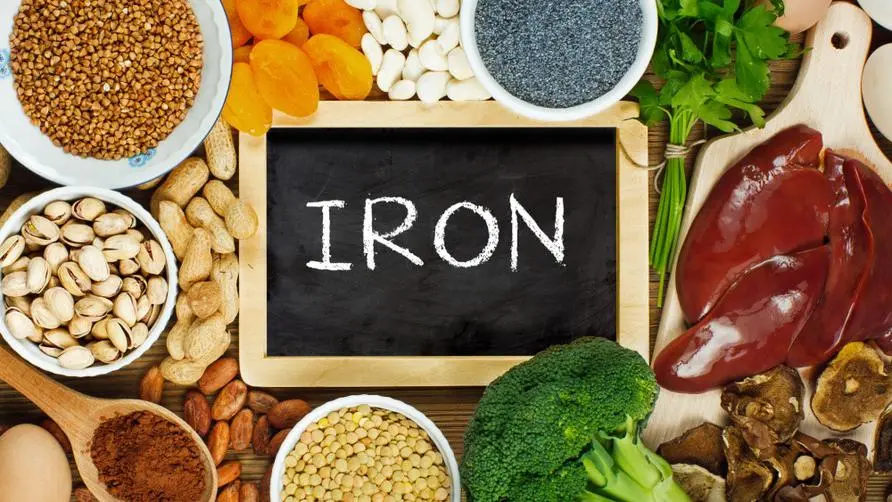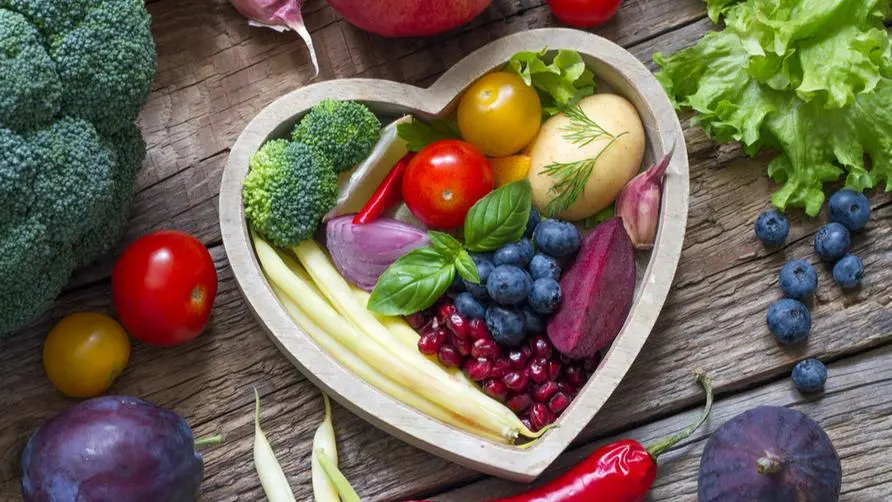Do you not have a life of wealth but suffer from the "disease of wealth"? Nutritionists reveal 4 signs of "too much pleasure": Eating too much is extremely harmful

Do you not have a life of wealth but suffer from “wealth disease”? Nutritionist reveals 4 signs of feeling too good
Modern people’s Westernized diet and habit of sitting for long periods of time without exercise have caused many ethnic groups to contract the bad habit of “affluenza”. Dietitian Gao Minmin pointed out in the community that one of the obvious signs of affluence is “eating full to hold on”, or not standing when you can sit, and not sitting when you can lie down. In the long run, it may lead to body shape distortion and even affect the health of the gastrointestinal tract. Generally speaking, the impact of affluence is most significant in four conditions:
Gastroesophageal reflux. Excessive intake of food can lead to overeating and stomach distension. If you lie down in bed immediately after eating, it can easily lead to gastric acid reflux, which can lead to gastroesophageal reflux.
Constipation. It is one of the sequelae of sitting for long periods of time. Lack of exercise and eating only meat or starch instead of vegetables will affect the peristalsis function of the digestive tract and lead to constipation.
Increase in body fat. If you are used to eating too much and exercising too little, your body fat rate will naturally increase, and you will be at risk of obesity and metabolic diseases.
Gastrointestinal indigestion. Overeating means frequent overwork of the digestive tract, which can easily lead to bloating, abdominal pain, gastroenteritis or indigestion.
Further reading: Frequent constipation, bloating, and burping? Experts call for: Develop “9 habits” to prevent indigestion
Eat enough dietary fiber to get rid of affluence disease! Nutritionist reveals TOP 20 ranking of high-fiber fruits and vegetables
Dietitian Gao Minmin said that in fact, no matter what kind of affluence disease it is, it is recommended to eat more high-fiber foods and supplement it with appropriate exercise to help the stomach and digestive tract do a “general cleaning”, and the waste in the body can be excreted more easily. However, different types of fruits and vegetables have different dietary fiber contents. Therefore, people may wish to increase their intake of the following 20 types of high-fiber fruits and vegetables to help avoid affluenza (the following is the dietary fiber content of the edible portion of fruits and vegetables per 100g):
Black dates: 10.8g
Perilla: 8.8g
Mint: 7.5g
Xiantao: 6.1g
Passion fruit: 5.3g
Black bean sprouts: 4.9g
Mountain bitter gourd: 4.1g
Purple cauliflower: 3.9g
Red Heart Guava: 3.9g
Shiitake mushrooms: 3.8g
Okra: 3.7g
Sansucai: 3.3g
Sweet potato leaves: 3.3g
Spinach: 3.2g
Durian: 3.2g
Pea pods: 3.2g
Broccoli: 3.1g
Red amaranth: 3.1g
Golden needle: 2.9g
Kelp: 2.8g
Are you eating fruits and vegetables but still “can’t get them out”? Pay attention to the possible insufficient intake of “4 kinds of nutrients”
Nutritionist Gao Minmin explained that according to the Taiwan Ministry of Health and Welfare’s recommended daily dietary fiber intake for adults, it ranges from 20-38g depending on each person’s needs. However, the results of the National Nutrition Survey show that most people do not consume enough fiber, or even less than half. Therefore, the diet should be based on high-fiber vegetables and fruits. Choose at least two colors of vegetables for each meal. In addition to supplementing fiber, you can also consume different types of phytochemicals. In addition, for fiber-rich starch, you can replace part of the white rice and white noodles with non-refined starch such as brown rice, whole grains, etc. to obtain enough fiber to maintain smooth bowel movements. However, if you consume enough high-fiber fruits and vegetables but still have constipation problems, it may be related to the following reasons:
Insufficient water: It is recommended to drink more water, at least 2000cc every day.
Insufficient intake of whole grains: In addition to fiber, whole grains also contain the mineral magnesium, which can help relax the intestines and make defecation smoother.
Insufficient intake of good oils: Good oils can help make stools soft and smooth. It is recommended to add moderate amounts of vegetable oils, such as olive oil , canola oil or bitter camellia oil, when cooking.
Insufficient supplement of good bacteria: Good intestinal function is indispensable with the help of good bacteria. You can drink yogurt, yogurt or supplement probiotics in moderation every day.
In summary, nutritionist Gao Minmin said that people can promote gastrointestinal health and smooth bowel movements through a diversified diet. As long as they eat enough good intestinal cleansing foods, they can protect the environment in the body. Especially when you return to work after relaxing during the holidays, you must face the problem of uneven diet and stay away from the bad habit of “holding on until full”.
Further reading:





